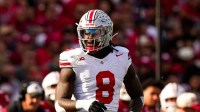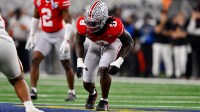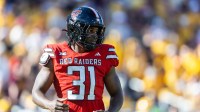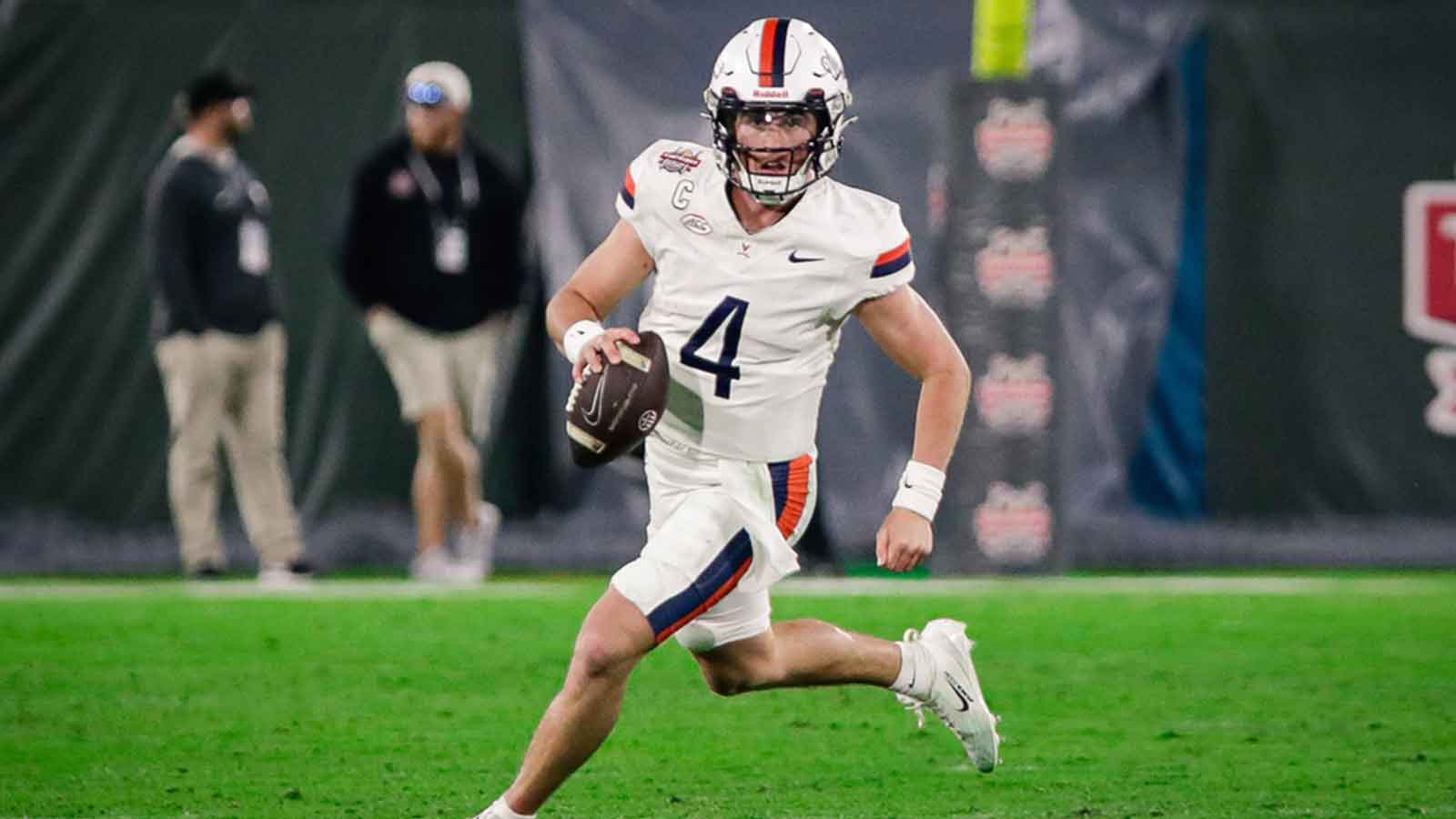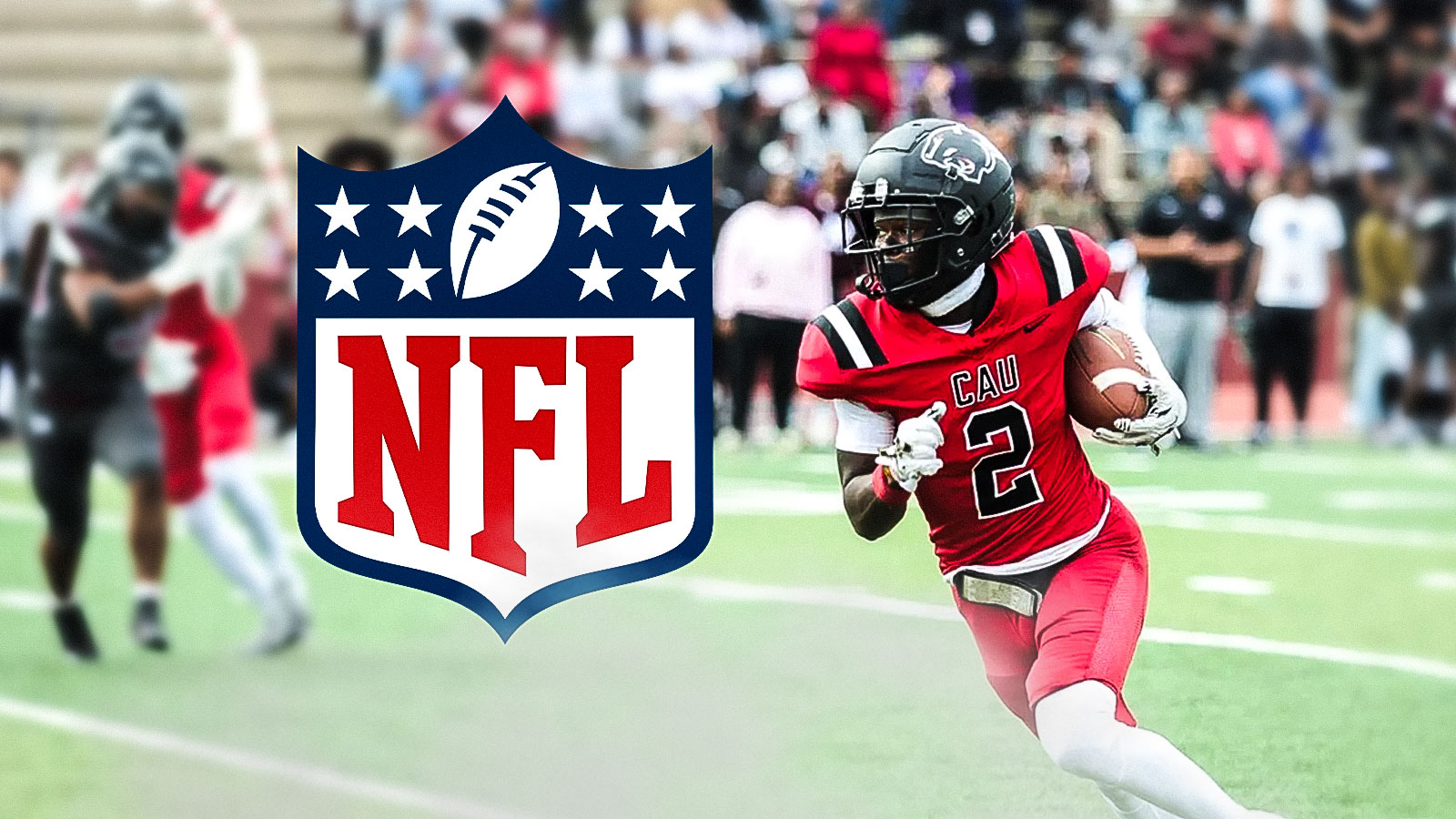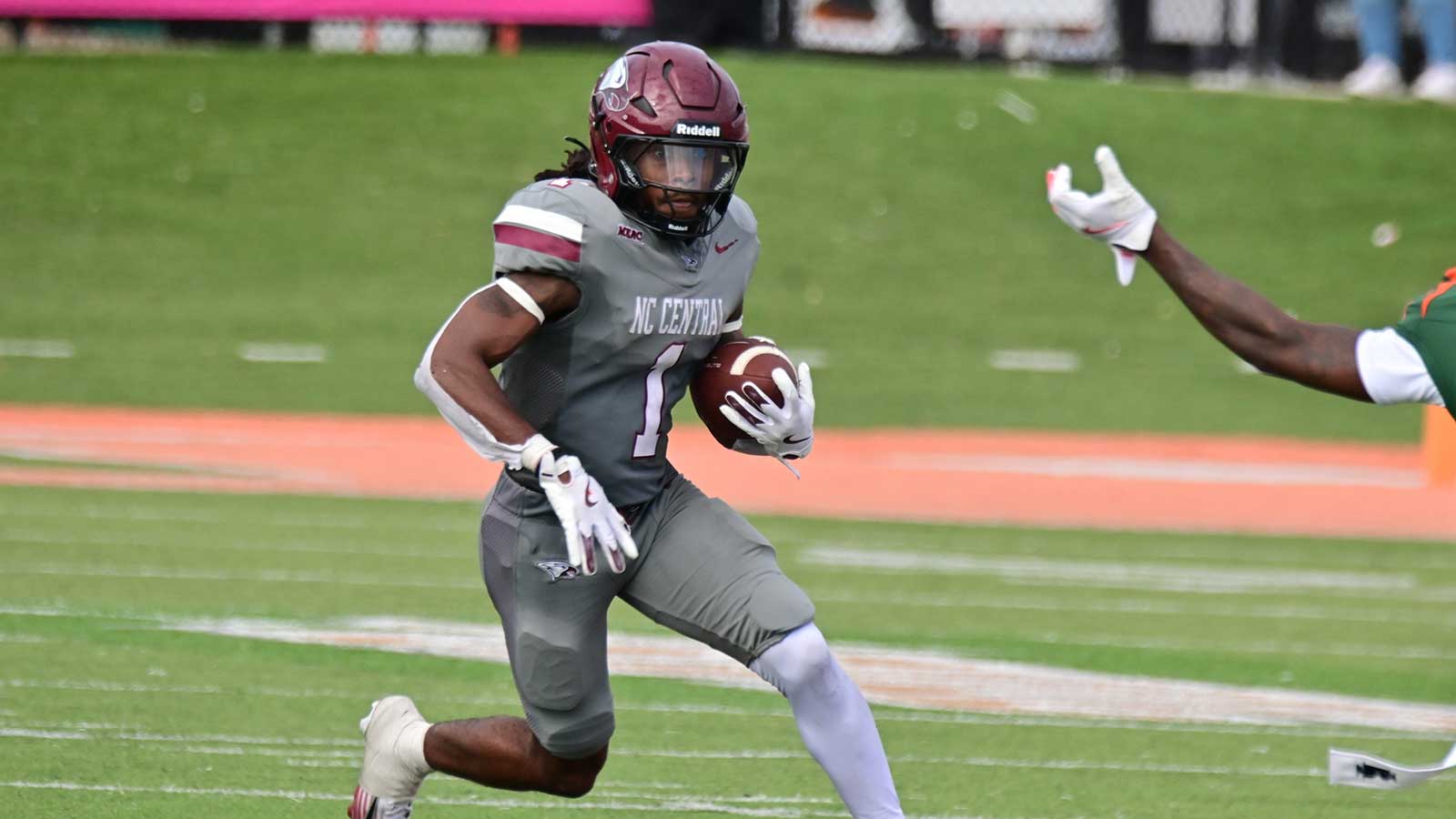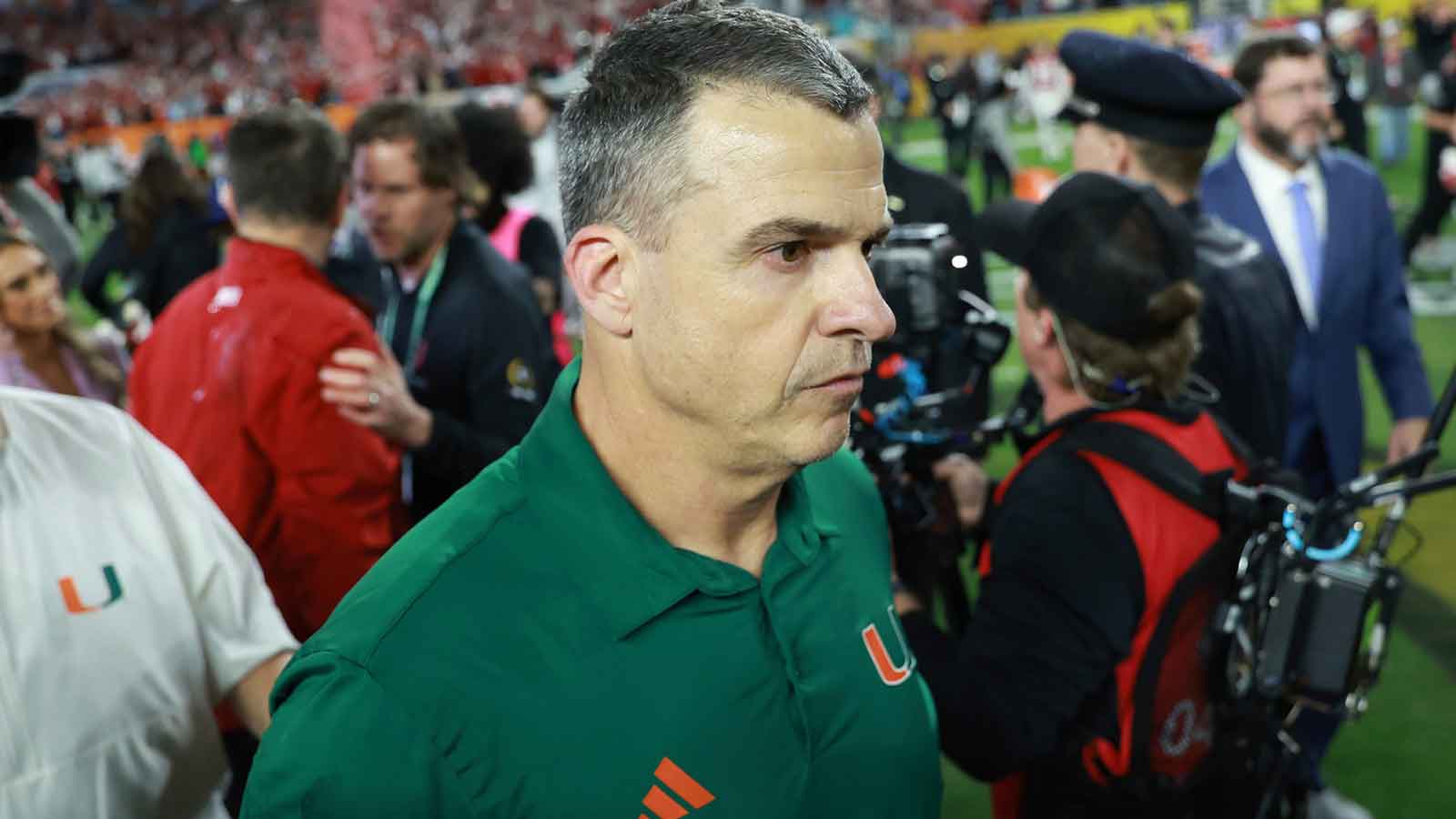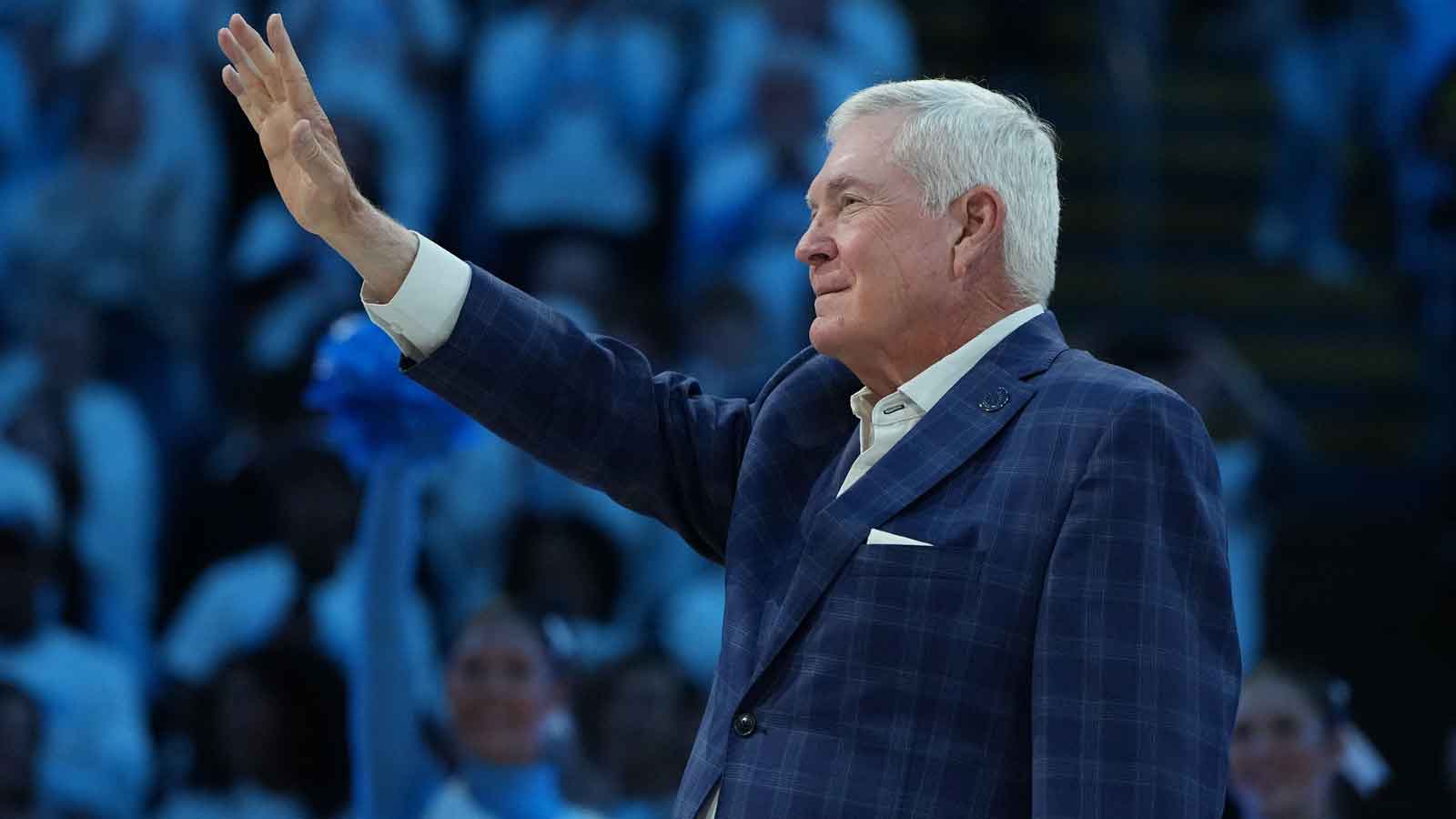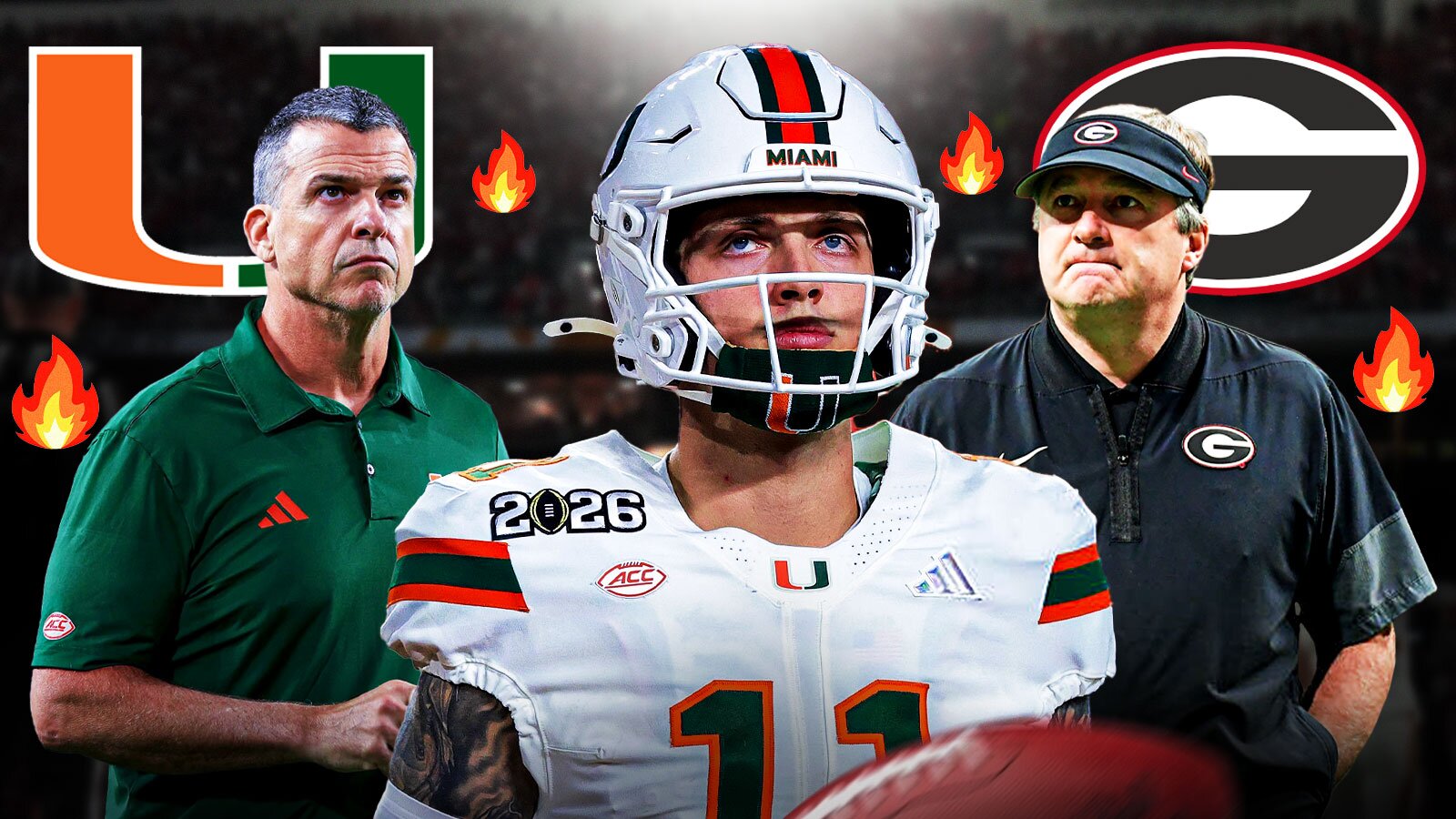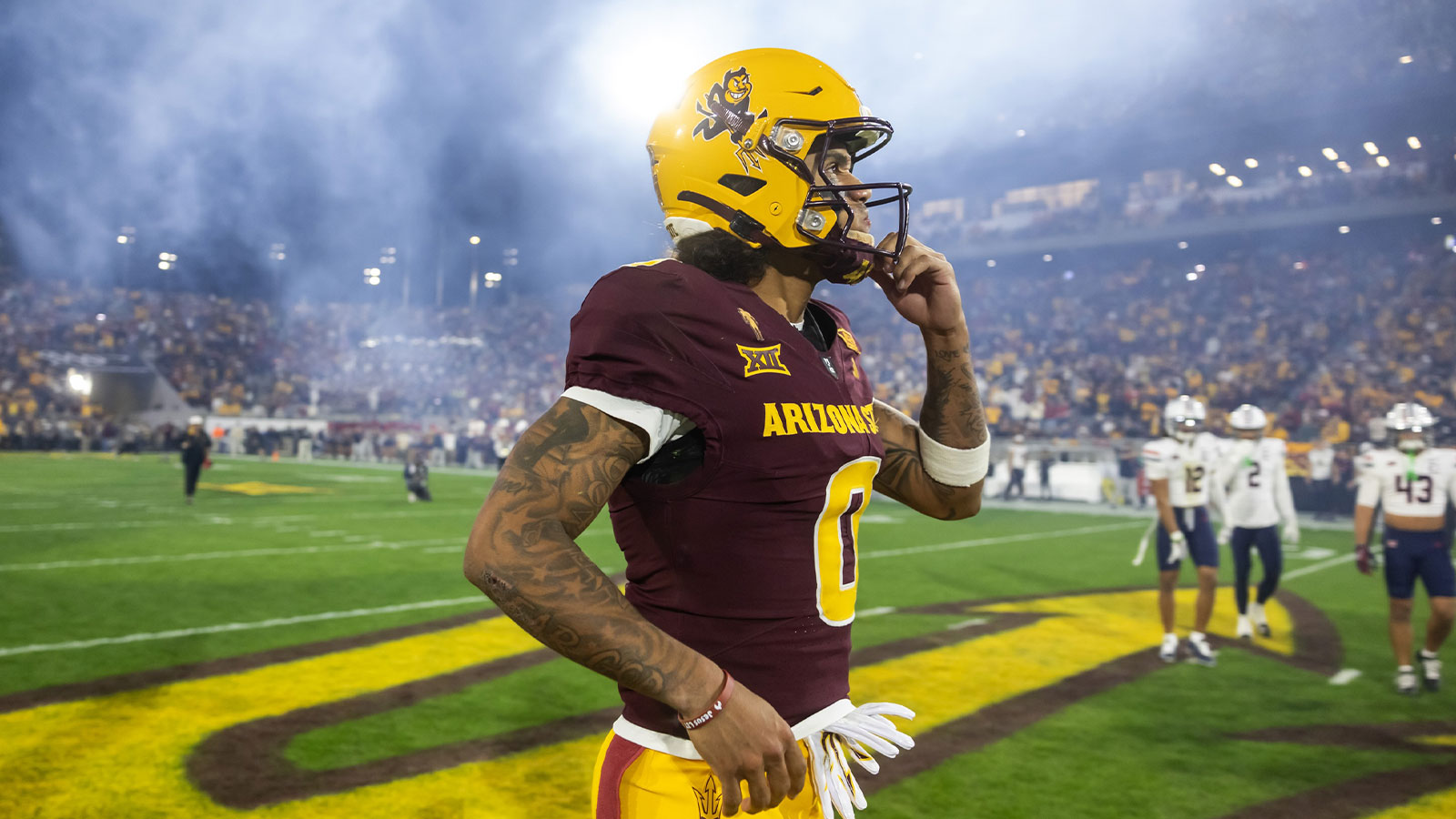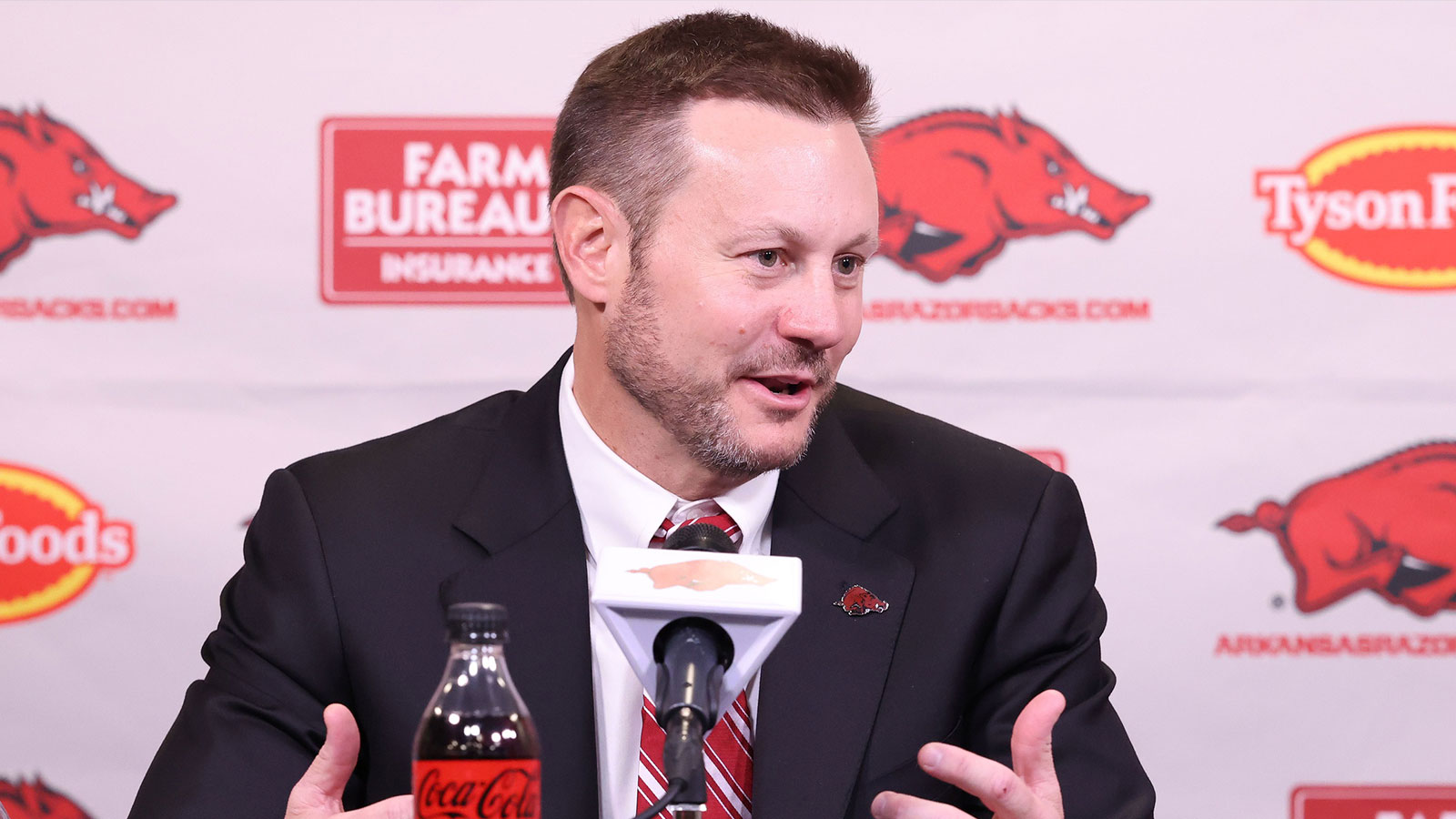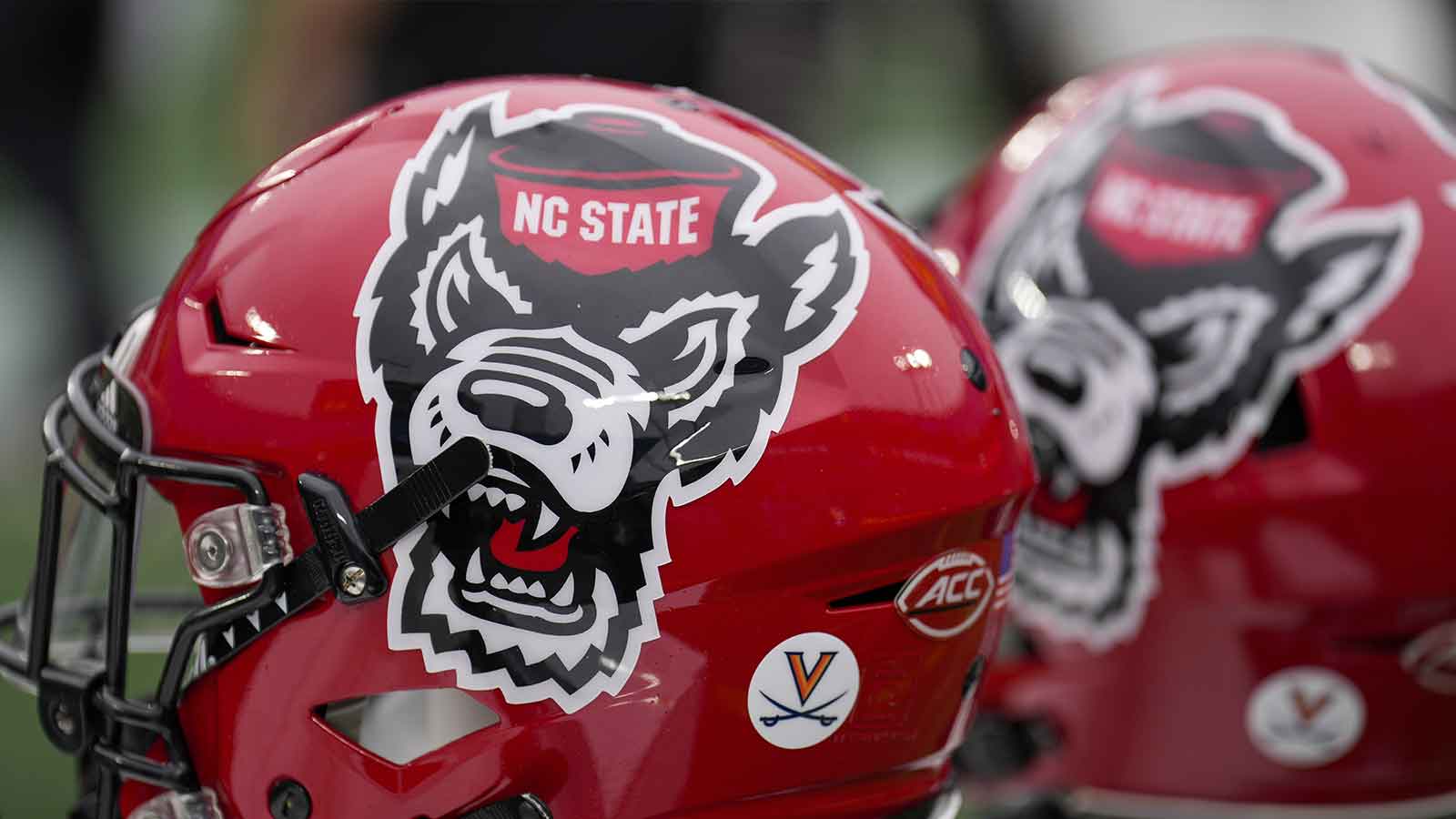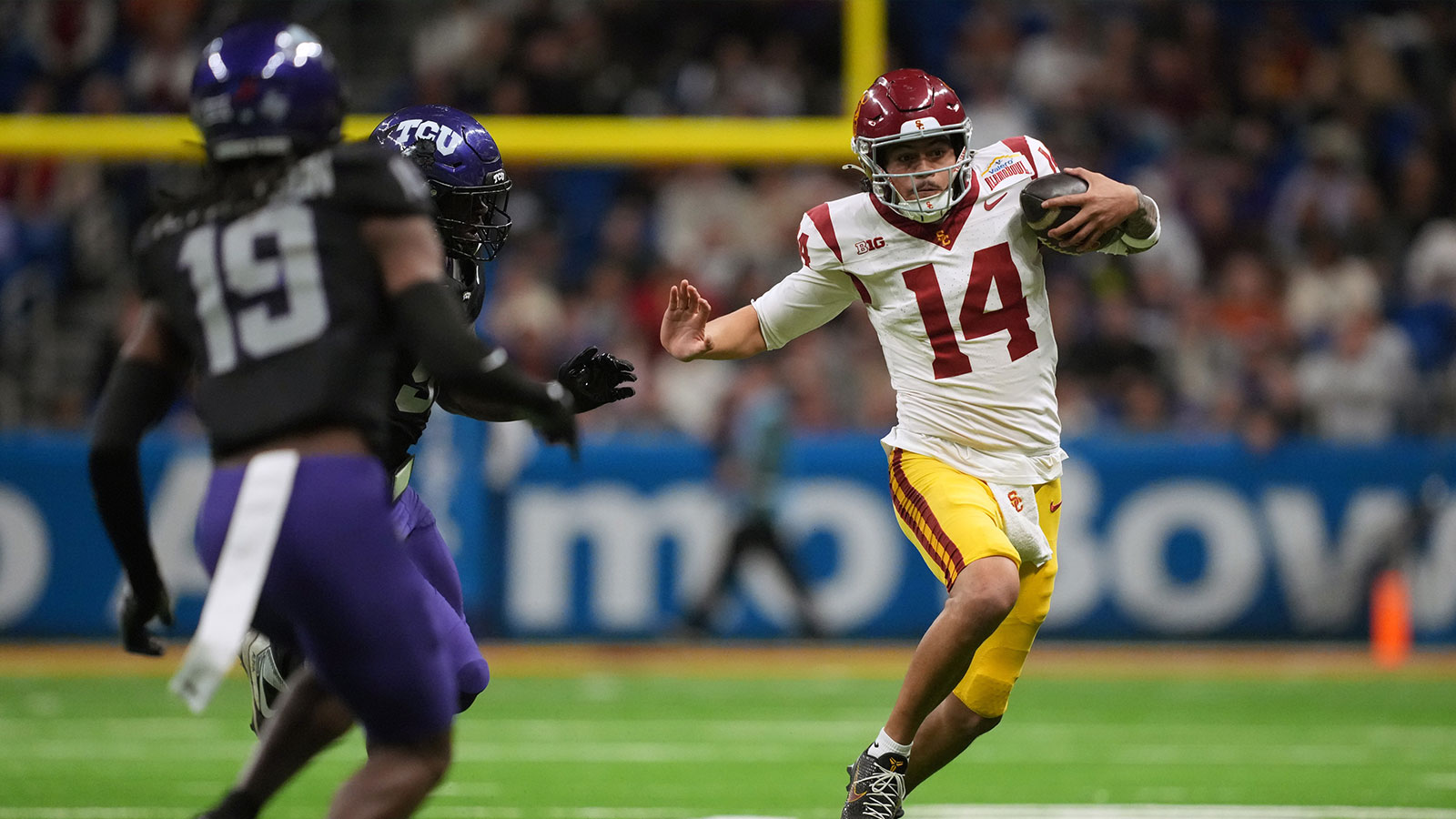The world of college sports is drastically changing because of NIL, and the sport that is changing the most is college football. College football is by far the most popular college sport, and it was the one with the most money involved. Most schools put a lot more money into their football program than they do any other sport, and now, NIL is a big part of that spending. The issue with NIL: There are a lot of grey areas in the rules, and some schools take advantage of those grey areas. Most college football fans are aware that a lot of programs are more than likely bending those rules a bit when it comes to NIL, but only a small number of schools actually get in any trouble.
One part of the game that has gone hand in hand with NIL is the transfer portal. The transfer portal has completely changed college football, and a lot of rules get broken when it comes to teams finding players in it. The thing that we see the most is tampering, and yet few teams actually get in trouble for it despite players coming right out and saying what happened. For example, you aren't allowed to contact a player about coming to play for your school before they enter the transfer portal, yet there are reports that it happens all the time. And NIL plays a big role in it. Schools reach out to players and tell them if they come to their school that they will get a certain amount of money in NIL. Is it legal? No, but a lot of schools are doing it.
There are some schools that get in trouble for things like this, and two big schools that are currently under NCAA investigation for recruiting violations are Tennessee football and Florida football. Two SEC schools. The SEC is where a lot of the money is in college football. The conference is arguably the best in the country, and they have some of the top programs in the nation. Those programs have all the resources when it comes to NIL and recruiting, and a lot of people in the college football world don't think that some of these top programs are always doing things legally. Well, we found out recently that the Gators and Volunteers might have broke some rules, and now they might be paying the price. A recent article from The Athletic broke down what the situation is surrounding those two schools.
“The NCAA Committee of Infractions levied penalties against Florida State’s football program, an assistant coach, one of its collectives and a booster for NIL-related recruiting violations. The NCAA said the assistant set up a transferring player to meet a booster, who offered the player an NIL opportunity worth $15,000 in the spring of 2022. FSU was fined $5,000 plus one percent of its football budget, placed on two years of probation and must disassociate with the booster for three years, among other penalties.
Jan. 19: An investigation into Florida’s football program regarding the high-profile 2022 recruitment of QB Jaden Rashada was reported. Two sources with knowledge of the investigation said the NCAA has inquired about the role of Florida staff member Marcus Castro-Walker and booster Hugh Hathcock.
Monday: Tennessee chancellor Donde Plowman sent a letter to NCAA president Charlie Baker criticizing what she called “two and a half years of vague and contradictory NCAA memos, emails and ‘guidance’ about name, image and likeness” and said the organization is “failing.” The letter was sent concerning an investigation that came to light on Tuesday.
Tuesday: The news broke that Tennessee was under NCAA investigationfor alleged NIL violations in multiple sports, including football. Spyre Sports — a collective unofficially associated with the University of Tennessee — is part of that investigation, specifically due to its involvement with Volunteers QB Nico Iamaleava. The New York Times reported part of the inquiry is looking at Spyre Sports’ role in flying a high-profile recruit — presumably Iamaleava — to Tennessee’s campus on a private jet.
Wednesday: Tennessee and Virginia took action to seek a temporary restraining order barring the NCAA from enforcing its NIL-recruiting ban or taking any other action to prevent prospective college athletes and transfer candidates from engaging in meaningful NIL discussions before enrollment. The antitrust lawsuit pointed to the Supreme Court’s 9-0 decision on Alston v. NCAA in 2021, which ruled the NCAA can’t limit education-related payments to student-athletes.”
As you can see, Florida football and Tennessee football aren't the only schools involved as Florida State and Virginia are also mentioned, but those two investigations have been getting the most attention.
What is the downside of NIL?
So, what is the downside of NIL? People in the game had been clamoring for it for years because it was fair for the players and it would make the game better. That is true. The amount of money that the student-athletes, especially college football players, bring to their school is absurd. They should absolutely be getting some of the cut. However, the rules are too loosely enforced, and with the way that it is now, it will continue to completely change the sport that so many people love.
NIL wasn't supposed to be a tool to allow teams to pay recruits to come to their school and guarantee them a bunch of money before they even step foot on campus. That isn't what this was supposed to be, but that's what this is turning into. With that being the case, the major downside is that the smaller schools are going to fall behind, and a small group of big schools with the most resources will continue to get so far ahead of the rest of college football, and we will continue to see the same teams win championships year after year.
Nobody wants to see the game of college football get ruined. There are steps in place right now to make all of this better. For example, the Big Ten-SEC alliance is something to keep an eye on. NIL was meant to be something good for the sport, and it absolutely should be a thing in college sports. When it is done right, it can continue to make the game better for everyone. College football and all college sports will continue to change forever, and adapting and making sure it's at its best is always crucial.



